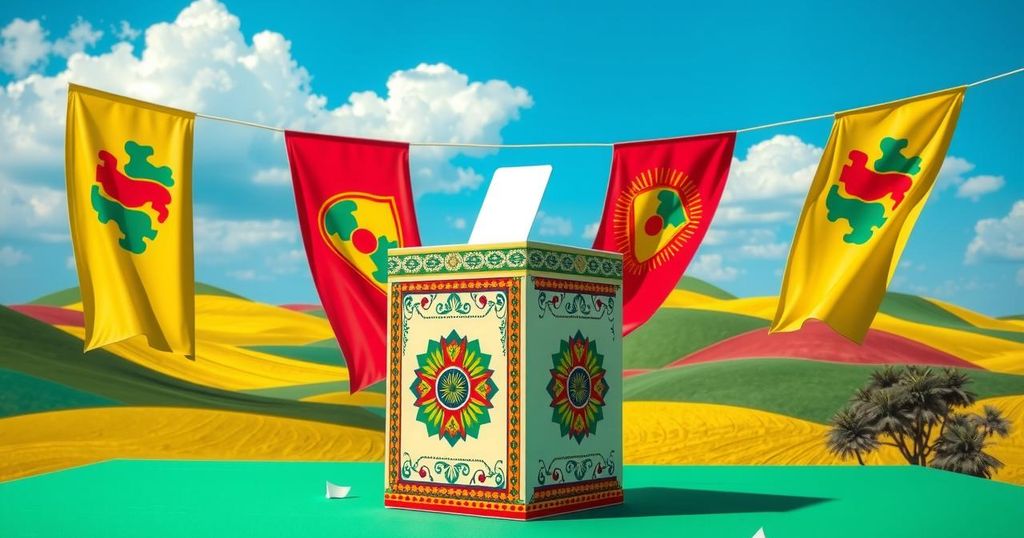Samuel Ikoku made history by defeating his father, Alvan Ikoku, in a 1957 election, becoming the first child in Nigeria to do so. Born in 1922, Samuel was involved in the independence movement and served in notable political roles throughout his life, including work with the Action Group and People’s Redemption Party. He passed away in 1997.
In Nigeria’s political landscape, it is unusual for a child to run against a parent in an election due to cultural norms. However, a pivotal moment occurred 68 years ago when Samuel Ikoku made history as the first Nigerian to defeat his father, Alvan Ikoku, in an election. This unprecedented achievement took place on March 15, 1957, during the Eastern House of Assembly elections, where Samuel won by a margin of 59 votes.
Samuel Ikoku was born on July 24, 1922, to Alvan Azinna Ikoku and Grace Ikoku from Arochukwu in Abia State. He received his education from Achimota College and subsequently at University College, Southampton, where he became involved in Nigeria’s independence movement. Ikoku wrote for the West African Pilot, supporting the movement led by Nnamdi Azikiwe.
After obtaining his degree, Samuel Ikoku joined the Nigerian Federation of Labour, serving as an adviser under Michael Imoudu, and became a co-founder of the United Working People’s Party in 1952. Although the party was disbanded shortly thereafter, Ikoku’s political involvement continued with significant engagement in the Action Group during Nigeria’s First Republic.
As a vocal critic of the Legislative Council, in which his father served, Samuel Ikoku garnered a reputation as a controversial figure. He won the 1957 regional election representing the Action Group and assumed the role of leader of the opposition, competing directly against his father, who was running for the United National Independent Party.
In 1962, Ikoku traveled to Ghana shortly before a crisis in the Western Region House of Assembly culminated in a state of emergency. He was linked to the Treasonable Felony Trial of 1962 alongside other prominent figures but was unable to return to Nigeria to defend himself as he was already in Ghana at that time.
While in Ghana, Ikoku established a branch of his political party, worked as a lecturer at Nkrumah’s Ideological Institute, and served as an editor for Spark Magazine. During the Nigerian Civil War, he opposed secession and, upon returning to Nigeria, held various government positions, including commissioner for Economic Development and Health in the East Central State.
Later, he aligned with Aminu Kano’s People’s Redemption Party, advocating for the working class, and was Kano’s running mate in the contentious 1979 presidential election. Following a gradual shift away from his earlier socialist stance, Ikoku advised President Shehu Shagari of the National Party of Nigeria and supported military involvement in politics under various regimes, including that of Sani Abacha. Samuel Ikoku passed away in 1997.
Samuel Ikoku’s historic electoral victory over his father marked a significant moment in Nigerian political history. His active role in the independence movement, various political parties, and progressive views on governance reflect his commitment to Nigeria’s political landscape. Though he faced numerous challenges, including political trials and shifts in ideology, his contributions remain noteworthy as Nigeria continues to evolve politically.
Original Source: businessday.ng





